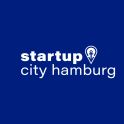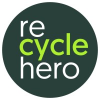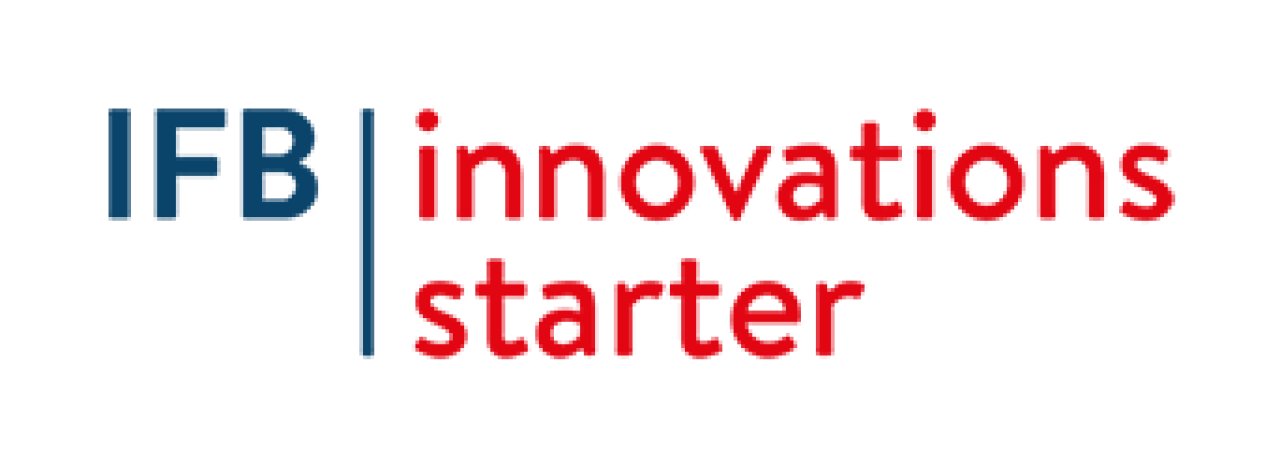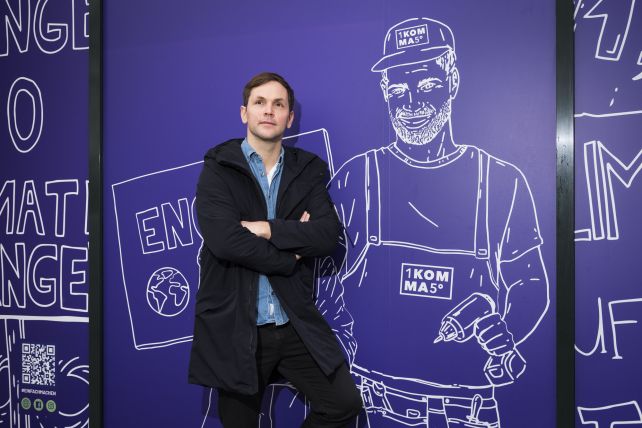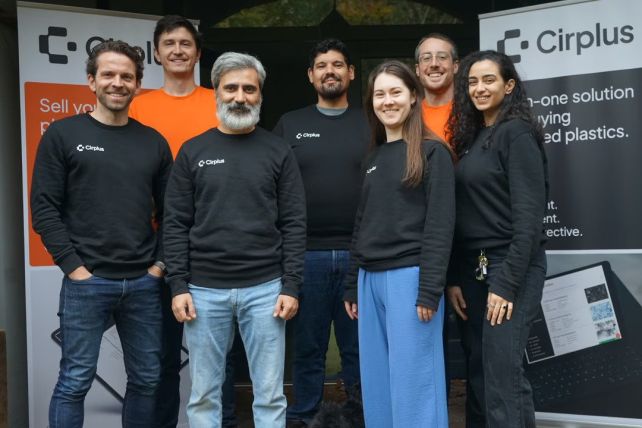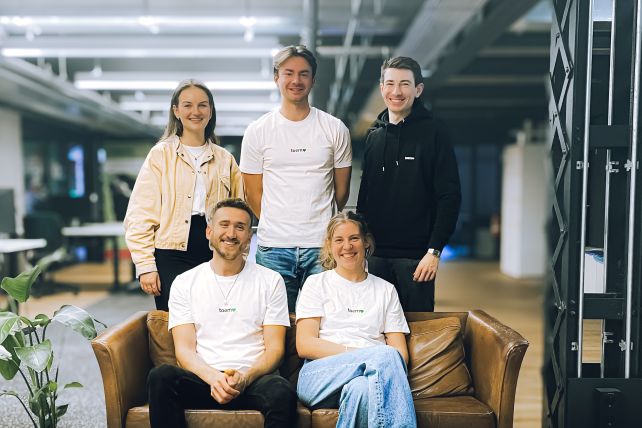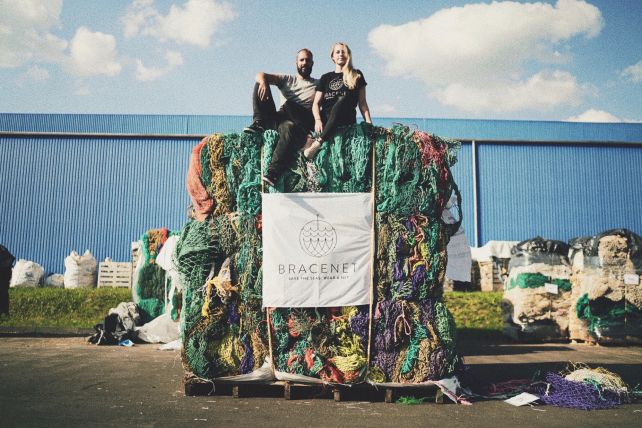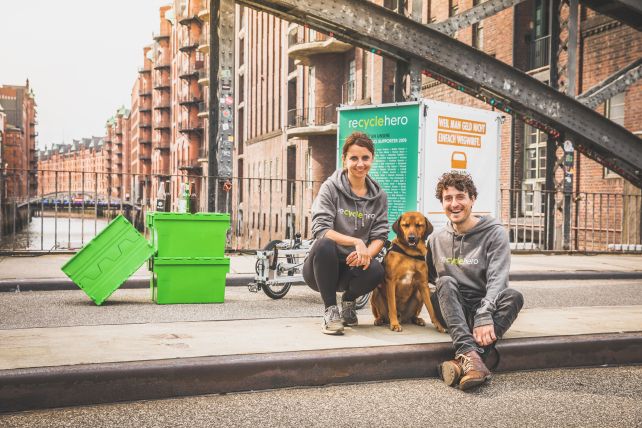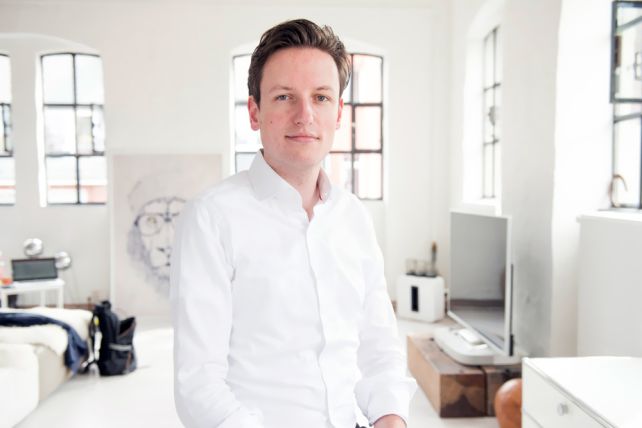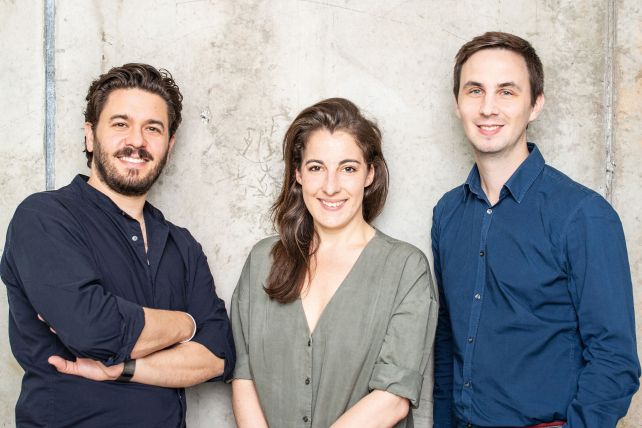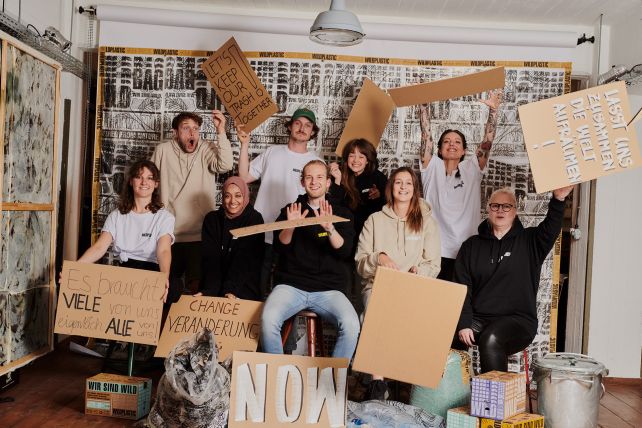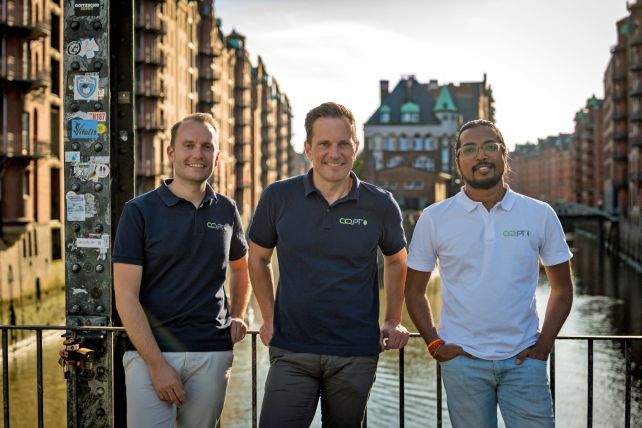Zebras or unicorns: who will win the race?
There is a lot of talk in the startup scene about "unicorns", which are companies that have achieved a valuation in the billions. However, the term "zebra" is also being used more and more frequently for startups that want to reconcile profitability and social responsibility. It is noticeable that many startups from Hamburg can be found in this category across all sectors.

The birth of the zebra as a startup animal
The term first appeared in an article entitled "Zebras Fix What Unicorns Break", which appeared on the US platform Medium in 2017. The article was written by the author collective "Zebras Unite", which is made up of the founders Astrid Scholz, Mara Zepeda, Jennifer Brandel and Aniyia Williams.
A year earlier, they had already addressed a fundamental problem in the essay "Sex & Startups":
"The current technology and venture capital structure is broken. It rewards quantity over quality, consumption over creation, quick exits over sustainable growth, and shareholder profit over shared prosperity. It chases after “unicorn” companies bent on “disruption” rather than supporting businesses that repair, cultivate, and connect."
The authors proposed the zebra as a symbolic animal for their countermovement for the following reasons, among others:
Unlike unicorns, zebras are real.
Like the animals, zebra startups are black and white, they are profitable and improve society.
Zebras are herd animals, and even the startups named that way do not act alone, but cooperate and support each other.
The characteristics and goals of the new startup class also include the pursuit of sustainable rather than exponential growth, plurality rather than monopolism, quality rather than quantity and other factors that put community before competition.
It is striking that the zebra movement is primarily driven by women. In Germany, Naomi Ryland and Lisa Jaspers have made an important contribution to this with their book "Starting a Revolution". It deals with the role of women in the world of work as a whole, but as entrepreneurs, the Zebra issue is particularly close to their hearts. Lisa Jaspers is the founder of FOLKDAYS, an online store for fair trade design products. Naomi Ryland and two colleagues founded tbd*, which provides jobs with social and sustainable standards.

Many zebras in the food industry
The idea of combining social and ecological commitment with entrepreneurship is not new and is particularly widespread in the food industry. One prominent example is Oatly from Sweden, whose origins date back to the 1980s. Back then, scientist Rickard Öste developed a process to produce a milk alternative from oats. The result was a global company that established an entirely new product segment.
In Germany, the Berlin-based company share has made a remarkable development. It launched in 2018 with mineral water, a chocolate bar and soap. It now offers a wide range of consumer goods and even a mobile phone tariff and a bank account. What makes it special: A portion of the proceeds from every product sold is donated to social projects. In Hamburg, the Food Innovation Camp has been providing a platform for innovative and sustainable food startups since 2017. With the Food Cluster that is currently being developed, the Hanseatic city wants to network the companies and players in the industry even better and further establish itself as a leading location.
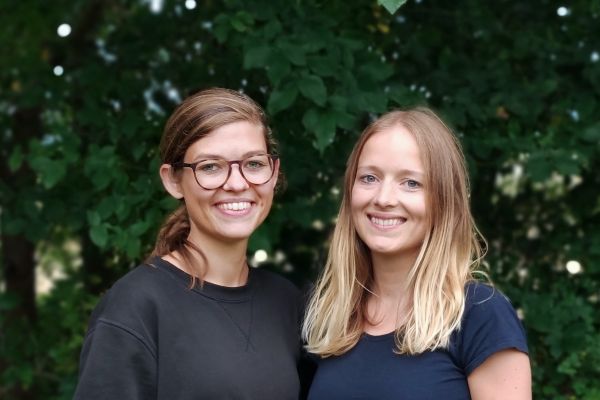
Hamburg is a zebra stronghold
A good overview of zebras is provided by the startup database Dealroom. Hamburg is prominently represented there, for example in the "Finance" category, where Tomorrow is mentioned as a company that is explicitly committed to the Zebra philosophy. Tomorrow is a digital bank that invests the money entrusted to it exclusively in sustainable projects and funds. Jakob Berndt, one of the founders of the fintech, had already made a name for himself as a social entrepreneur with the beverage brands Lemonaid and ChariTea. Tomorrow formulates its credo on its website with the headline "Zebras are the better unicorns":
"We believe that companies like Amazon, Google and Facebook are no longer fit to be role models. Instead, we need startups that are not only focused on growth and profit, but also see themselves as service providers for society. Who focus on sustainability, on cooperation instead of confrontation."
Hamburg is particularly strong in the "Utilities" category. The three startups mentioned there each deal with the topics of recycling and waste avoidance in their own way. recyclehero collects used glass, wastepaper and other recyclable materials. Cirplus has set up a marketplace for recycled plastic. traceless materials wants to make plastic completely superfluous with a biodegradable alternative. By the way, this startup is the best proof that zebras can also be attractive to investors. In 2023, traceless materials closed a financing round worth 36.5 million euros.
Robert Heinecke, founder and CEO of Breeze Technologies, a start-up that uses AI to help companies, cities and other organisations improve air quality, also believes that zebras are the more sustainable form of business:

More and more startups are defining themselves as part of the "green economy". According to the German Startup Monitor, their share was just around 33% in 2018; by 2023, it was almost 47%. In October 2023, Hamburg became the first federal state to launch a funding program specifically aimed at social enterprises so that the next generation of zebras can thrive. It is called InnoImpact and complements the existing programs of IFB Innovationsstarter GmbH. It is aimed at young companies whose goal is to solve social challenges.
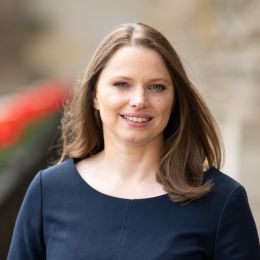
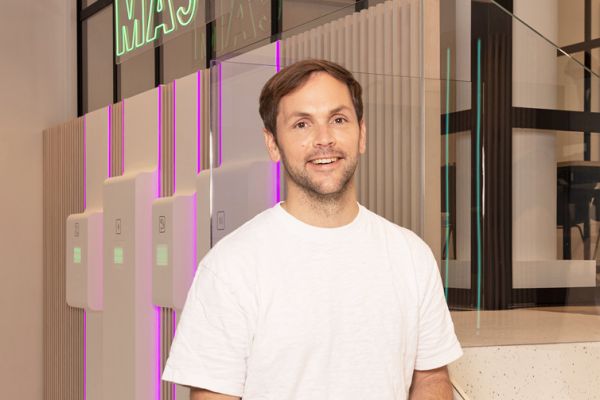
A real "ZebraCorn" comes from Hamburg
Ideally, a company can be both a zebra and a unicorn. That's why the term "ZebraCorn" was invented this year for Hamburg's flagship startup 1KOMMA5°. 1KOMM5° is a unicorn due to its billion-euro valuation, which it owes to a financing round of 215 million euros completed in 2023. The vehemently driven growth, primarily through company acquisitions, also fits the mold. At the same time, the startup has set itself the goal of making the switch to renewable energy available to as many households as possible. Accordingly, founder Philipp Schröder does not attach much importance to unicorn status:
